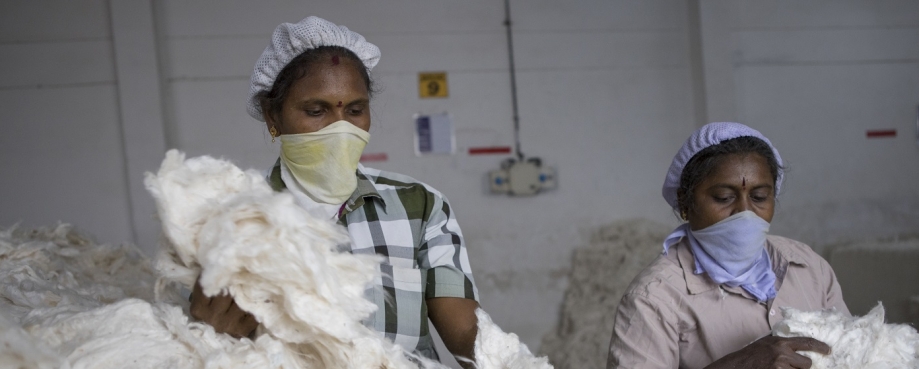
“This inaccurate and misleading report refers to a specific incident that took place in 2014 which has since been resolved. The report not only misrepresents our complaints procedure, it contains major factual errors about our work in Tamil Nadu.
“Contrary to the allegations, we can confirm that we dealt with the complaint in question, which related to conditions in two factories – one of which was not part of our programme at the time – and the complainant (Homeworkers Worldwide) accepted the proposed solution.
“Furthermore, the report’s claim that our programme only focusses on health and safety is just plain wrong. The programme gained access to mills through a health initiative, but it has always been concerned with workers’ rights. For the last two and half years, we have employed a broader rights at work agenda.
“However, we recognise there is still much to do in the region. Tackling such deeply ingrained and widespread abuses inevitably takes time, yet independent reports have praised our approach, which has had a demonstrable impact on the lives of thousands of women workers.”
